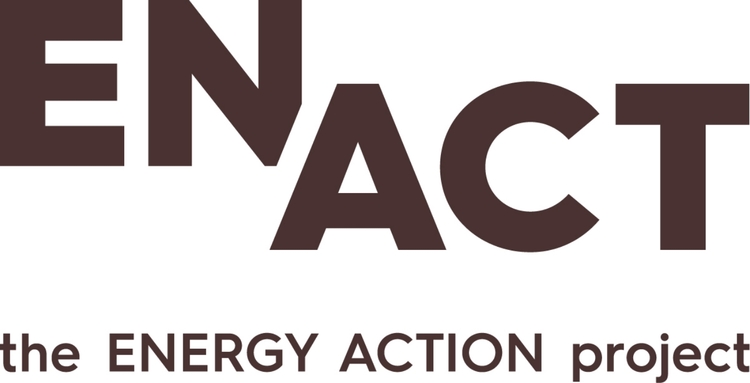One of the completed renovation projects supported by the programme. Photo: Mihai Moia, ROENEF
Designed with the specific objective of reducing greenhouse gas (GHG) emissions in the buildings sector in Romania, the Improving Energy Efficiency in Low Income Housing and Communities (IEELIHC) programme recognised substantial opportunities in reducing energy consumption in dwellings across the country that are occupied by this vulnerable segment of society.
A joint undertaking of the Romanian Ministry of Regional Development and the United Nations Development Programme (UNDP), the project was launched with a grant worth ~€2.75m, from which it was able to leverage investments of ~€447m. Acknowledging the limited ability of such households to undertake renovations, it was set up so that beneficiaries were required to co-finance only ~3.5% of actual costs.
Two additional objectives set the stage for more widespread renovation in the future. One was to boost the understanding and knowledge of building professionals on the need to consider the energy performance of the building stock and to increase their skill sets. Evaluation reports show that more than 800 professionals reported greater knowledge and improved skills. In parallel, the project aimed to develop standardised project documentation for the renovation of 50 different apartment types, thereby making it much easier to prepare tenders for diverse projects across administrations in various regions of Romania.



